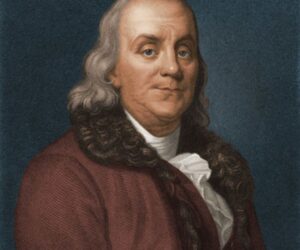Born March 1767, Andrew Jackson was an American soldier and statesman. He served as the seventh president of the United States from 1829 to 1837. Before serving as president, he gained fame as a general in the United States Army. He served in both houses of the US Congress. Jackson wanted to advance the rights of the “common man”.
Andrew Jackson spent his childhood years in colonial Carolina, in the decade before the American Revolutionary War. That made him a frontier lawyer. For a brief period, he served in the United States House of Representatives and the United States Senate, representing Tennessee. After resigning, he served as a justice on the Tennessee Supreme Court from 1798 to 1804.
In 1801, he got appointed as colonel of the Tennessee militia. The next year, he made it to a commander.
Following his retirement from politics, he remained active in Democratic Party politics. He supported the presidencies of Martin Van Buren and James K. Polk. He advocated for the annexation of Texas, a feat that got accomplished shortly before his death.
Today, many remember him as an advocate for democracy and the common man. Here are some of the biggest accomplishments in the life of Andrew Jackson.
Survived British Prison
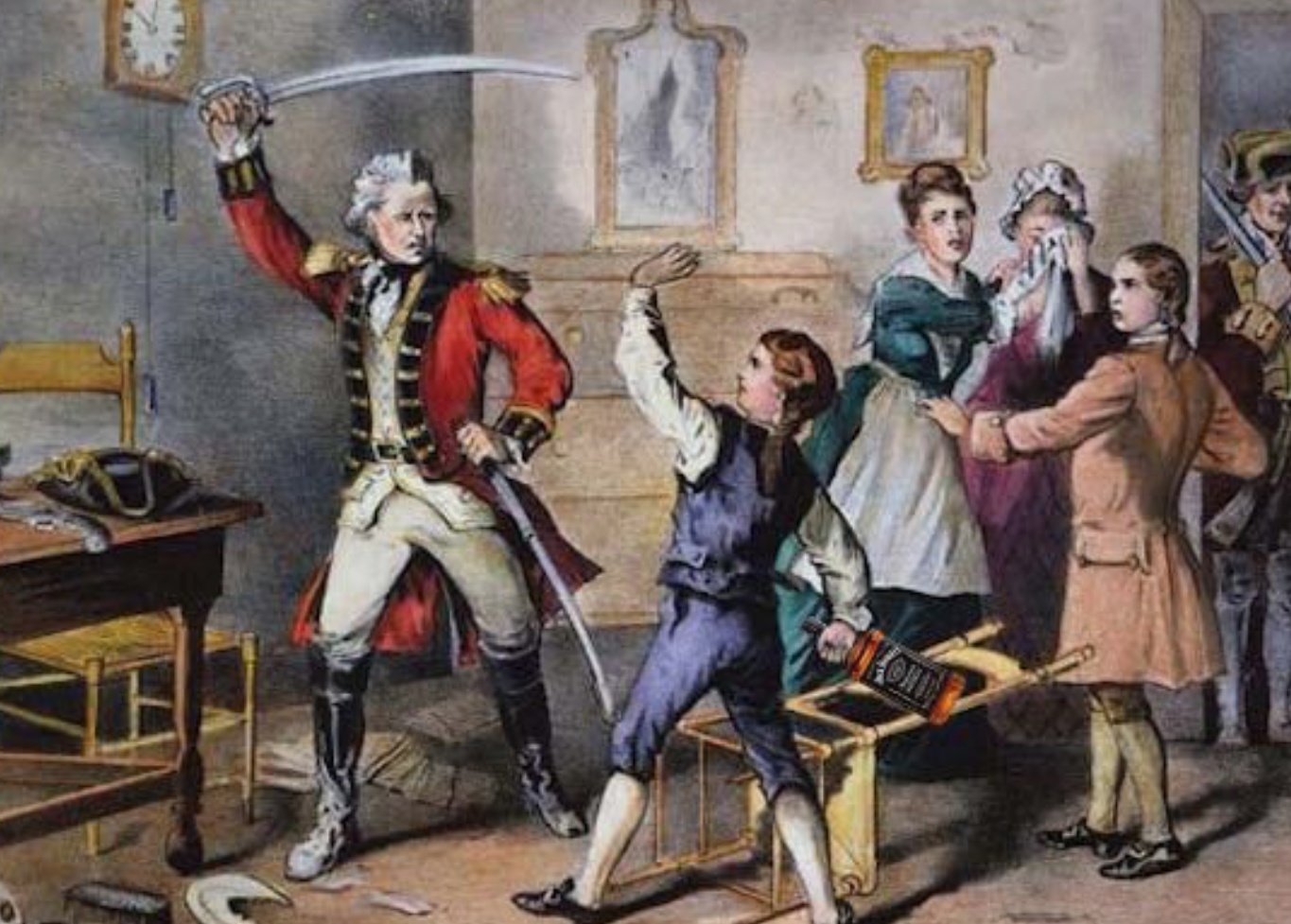
Jackson grew up in poverty in the Waxhaws wilderness. He received only an erratic education in the years before the Revolutionary War came to the Carolinas. Andrew joined the local militia at age of 13 and served as a patriot courier.
The British captured him and his brother Robert in 1781. He survived the prison but got a permanent scar from his imprisonment. British officer gashed his left hand and slashed his face with a sword because he refused to polish the Redcoat’s boots.
While in captivity, he and his brother contracted smallpox. His brother Robert died from it.
Raised An Orphan
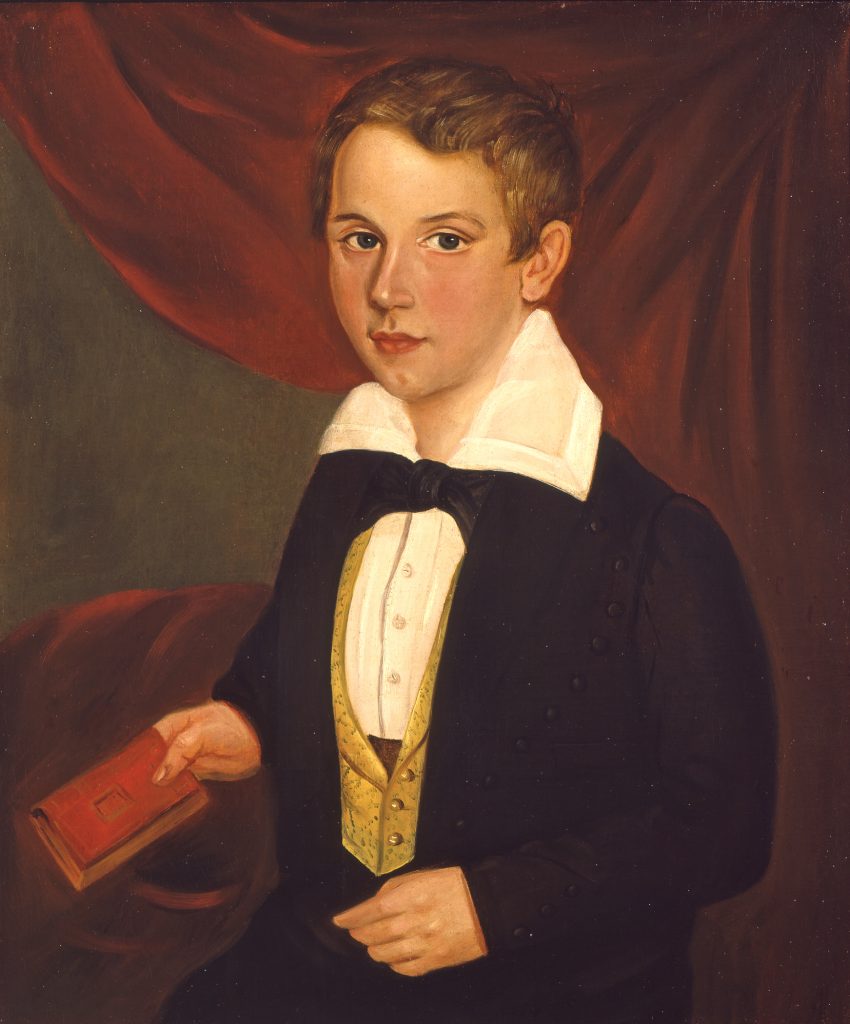
At 14 years old, Andrew was an orphan. Robert died just days after the British authorities released them from prison. Soon after, his mother died of cholera contracted while nursed sick and injured soldiers.
Andrew developed a lifelong antipathy of the British because he lost his family during the Revolutionary War.
His uncles raised him and helped him gain an education. He studied law in Salisbury, North Carolina, and started working as a prosecuting attorney after school.
Military Achievements
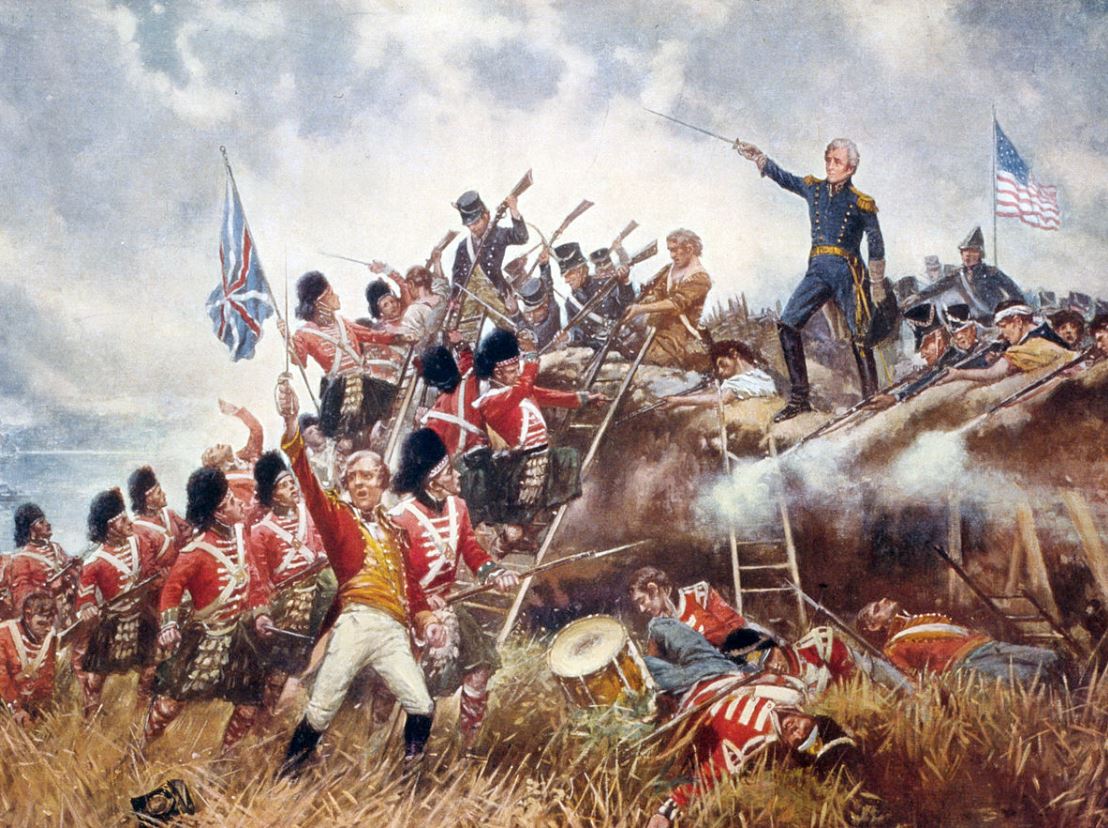
In March 1812, the war with Great Britain looked imminent. Jackson issued a call for 50,000 volunteers to get ready for an invasion of Canada. After the declaration of war, in June 1812, he offered his services and those of his militia to the United States.
The government slowly accepted his offer. During the next few years, he fought against Creek Indians. He crushed them in five months, with the final victory coming in the Battle of Thohopeka.
In August 1814, he moved the army south to Mobile. He set his goal on the Spanish post at Pensacola. He wanted to prepare the way for the US occupation of Florida.
He also marched his army overland to New Orleans, culminating in the Battle of New Orleans. He and his army inflicted a decisive defeat upon the British army.
First People President
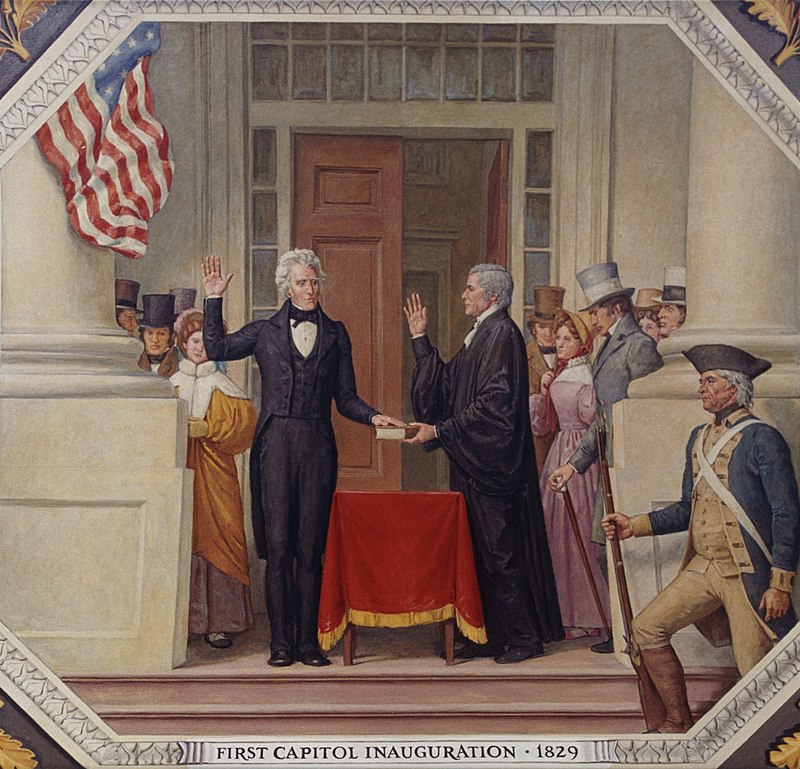
Andrew Jackson will remain the first president to gain office by a direct appeal to the mass of voters. Since his days, his political movement has gained the name “Jacksonian Democracy”.
Andrew Jackson did not appeal to the party elite. He appealed to the mass of voters and established the principle that states may not disregard federal law.
Fighting Against Federally-funded Internal Improvements

One of his big campaigns came against John Adams. He fought against federally-funded internal improvements.
Jackson set his goal to eliminate the national debt and believed that government expenditures would threaten his goal. Jackson went as far as to veto bills passed in the House of Representatives.
Jackson supported internal improvements, but only when they did not incur more debt at the national level. As a result, he saw an increase in state debt for internal improvements. Ultimately, he erased all of the national debt, his major accomplishment as a president.
Trade Agreement With Great Britain
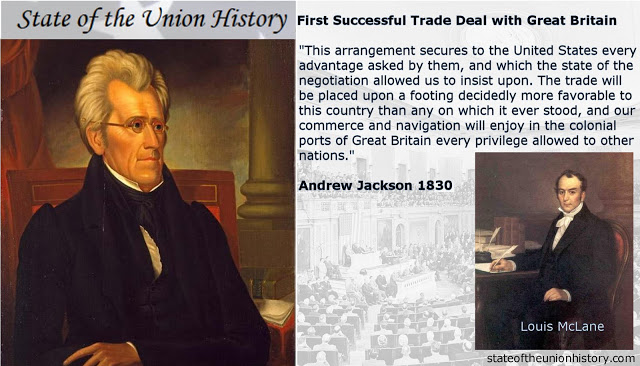
Andrew Jackson hated the British. He had a life-long antipathy for the British. Yet, he managed to negotiate a trade agreement with Great Britain.
That agreement opened American trade to Canada and the British West Indies. Many of his predecessors strongly desired an agreement with Great Britain, adding to his success.
Advocate for the Common Man
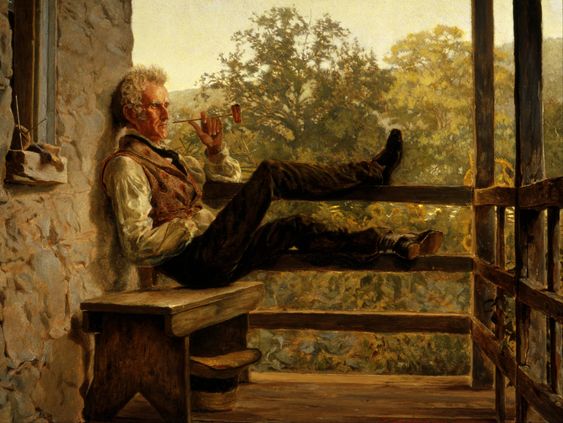
Jackson remains the first president to advocate and represent the common man. Andrew symbolized a man who worked hard for success in life.
He also believed that education cannot serve as the most important qualification for a member of politics. Jackson wanted to combat economic inequality and monopolies of wealth. Andrew tried to ensure all people will get adequate representation.
That is why he believed that the executive should have more power than Congress.
Limiting the Power of Banks
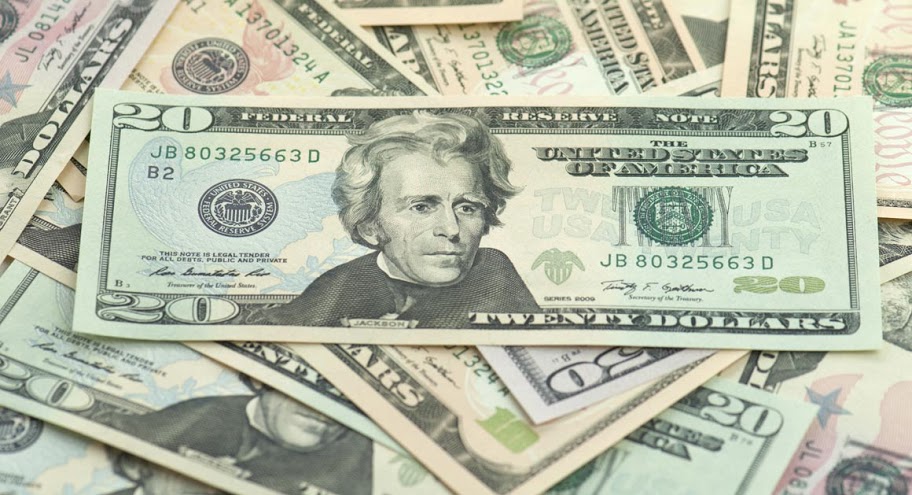
To ensure better chances for the common man, he limited the power of the banks. Jackson placed greater financial liberty into the hands of the people. He had distrust in the bank that accumulated early in his life.
Because of that, Jackson had vetoed the bill authorizing the recharter of the Second Bank with the reasoning that served as an economic privilege to the elite.
He also eliminated federal funding and deposits going into the bank. Getting involved in a battle with the Second Bank of the United States remains one of the biggest accomplishments in the life of Andrew Jackson.
He saw the bank as a corrupt, elitist institution that manipulated paper money.
Veto Power
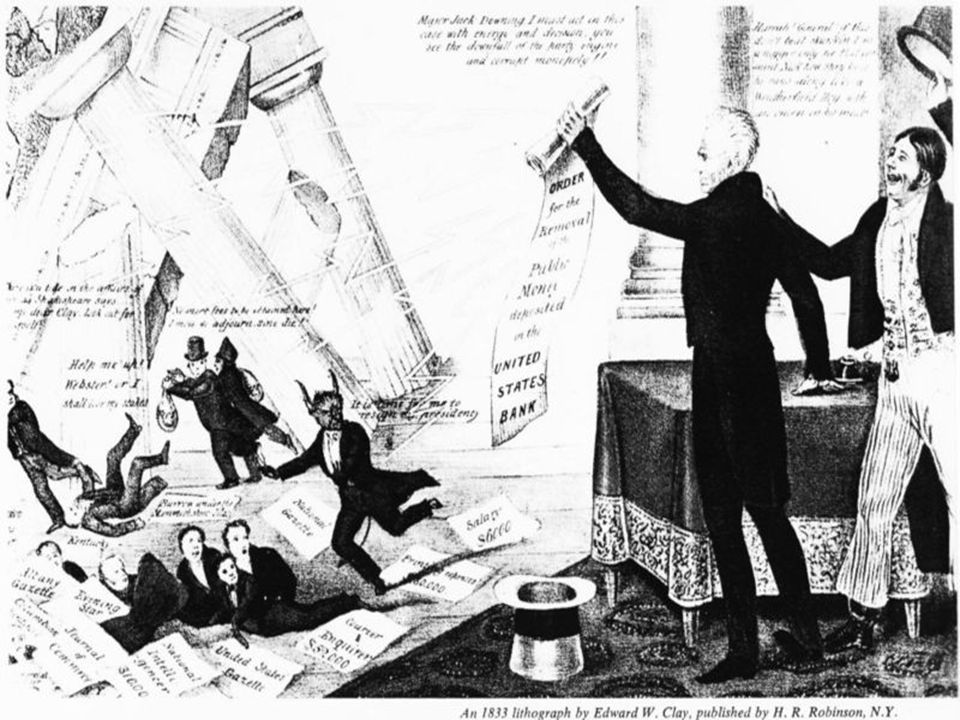
Nowadays, the veto is a common asset men of power can use. That especially applies to presidents and prime ministers.
But back in the days, the veto didn’t exist as a tool. Jackson was the first president to assume command with his veto power.
Prior presidents have rejected only bills they believed unconstitutional. But Jackson set a new precedent by wielding the veto pen as a matter of policy.
First President to Invite Public at the Inauguration
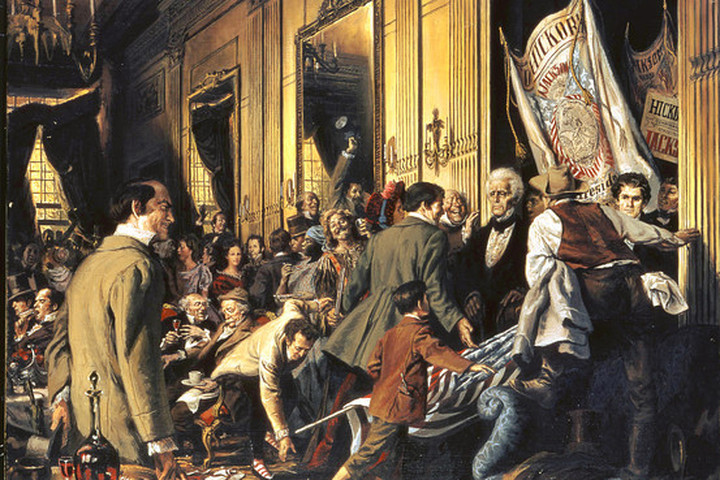
We said that among the accomplishments by Andrew Jackson, the president managed to set standards for the common man. And in that spirit, he remains the first president to invite the public to attend the inauguration ball at the White House.
That earned him huge popularity. A large crowd arrived, resulting in furniture and dishes getting broken. But that event also earned Jackson the nickname “King Mob”.

